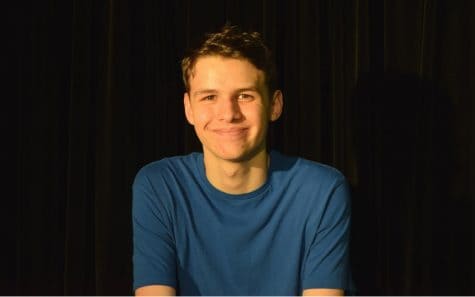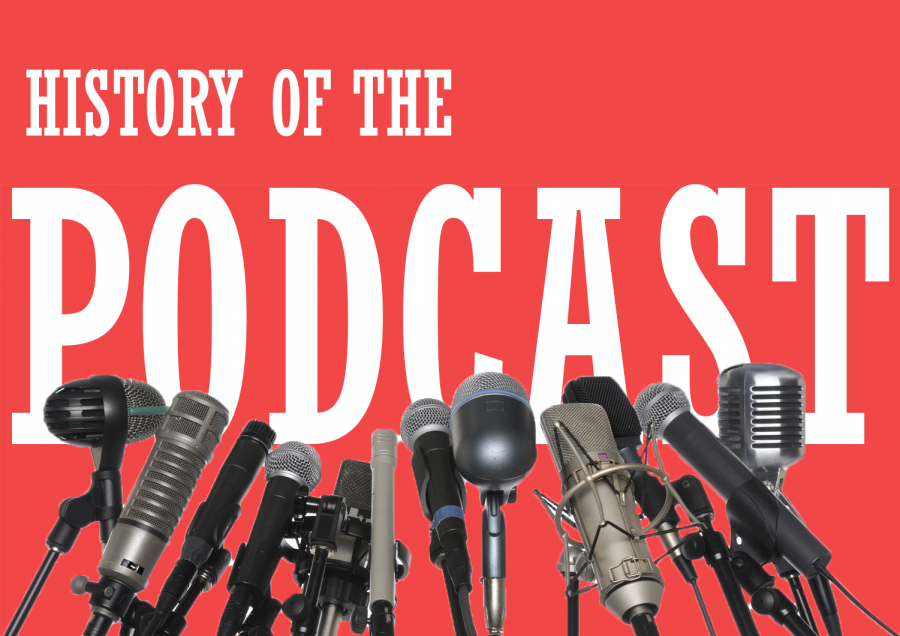The history of the podcast
Entertainment is constantly evolving to meet the demands of our current era. As technology becomes more advanced, certain forms of media expand and become something new, sparking new ways to express one’s creativity. Now, with the internet providing more accessibility in entertainment, a new form of entertainment has hit the waves known as the podcast.
For those who don’t know, a podcast is a type of media that involves the use of downloadable audio files. These are often made available through phone apps or downloadable websites, and new episodes can automatically be imported to the consumer through a free subscription. It is considered a subgenre of the radio talk show, combining the audio format with easy access through the internet.
The roots of the podcast began when a prototype of the format was developed by Adam Curry, Tristan Louis and David Winner in 2001. This was done through the use of RSS technology, which allows for online updates that can be provided in a standardized manner. This was later demonstrated by Stephen Downes through his Ed Radio application, showcasing the formation of audio files through RSS scans. The process really took off when Christopher Lyndon, a radio talk show host, starting linking MP3 files of his interviews through the format. Eventually, it was given the name “podcasting” by journalist Ben Hammersley, combining the term “iPod” and “broadcasting”. This form of media eventually spread, becoming its own app on several Apple products and being utilized by many famous figures, including at one point President George W. Bush.
In the beginning, the podcast format was rather obscure and not many people really took advantage of it. However, what started as a small form of media has slowly evolved into one of the most popular types of expression, especially for our youth. Several online celebrities have begun using the format of the podcast to discuss what they care about. Many of which posted their podcasts on sites like Youtube, creating a more accessible way of distributing the media.
A notable example of the Youtube podcast is “Baited”, a popular and controversial series hosted by Daniel Keem. The podcast talks about drama in the Youtube community, eventually devolving into petty arguments between his co-stars, often about Keems character and ego. The podcast grew in popularity not just because of the star power behind it, but posting it on Youtube, where more people go visit, makes it easier for people to find the podcast format.
The widespread popularity of the podcast format has even reached our local community. Several young artists have utilized podcasts either just for fun or to spread their name out there. A few students at our school have even capitalized on the format, most notably Metea alumni PrithviRaj Bandaru and Michael Miller with their “Hear Me Out” podcast.
This once relatively obscure form of digital media has slowly evolved into one of the go to’s for our young content creators. As the medium grows and becomes more readily available, it could become a form of media on the level of music and film. Only time will tell where the podcast will go.

Ben Weiss is a senior perspectives editor and writer. It will be his second and last year on The Stampede. Other activities he’s involved in include...


